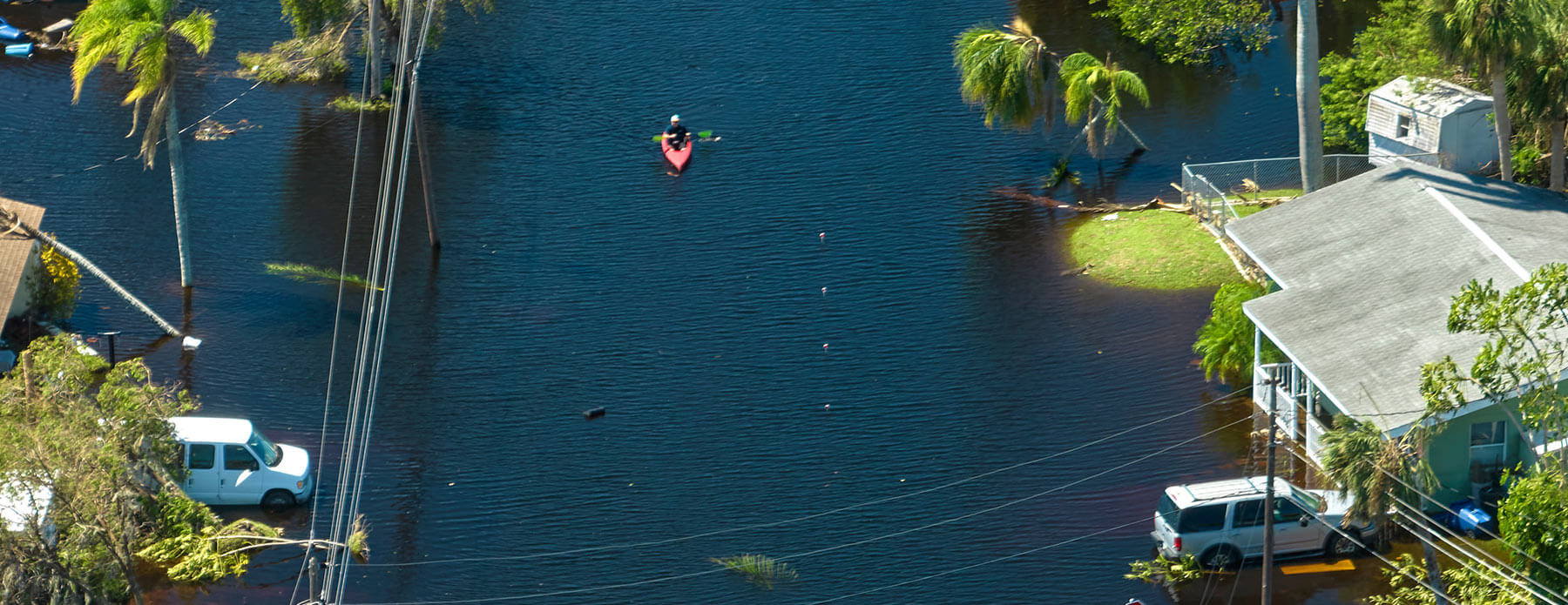Emergency management professionals operate in a field where the convergence of legal and ethical considerations with disaster preparedness and response strategies are not just a necessity but fundamental requirements. Emergency management demands more than just being resilient and ready. It requires a deep understanding of legal issues and a strong commitment to ethical principles to protect the dignity, security, and safety of affected communities.
Expanded Legal Foundations and Ethical Imperatives in Emergency Management
Integrating legal frameworks into disaster response and preparedness is foundational to effective emergency management. The International Federation of Red Cross and Red Crescent Societies (IFRC) underscores this by advocating for global comprehensive legal standards that guide disaster management operations. These standards emphasize the need for disaster risk reduction to be a national and local priority, supported by solid institutional frameworks for implementation. They call for improving early warning systems, promoting education to build cultures of safety and resilience, mitigating fundamental disaster risk factors, and enhancing preparedness for effective response at all levels.
Emergency management professionals navigate a delicate ethical landscape, balancing the rights of individuals with the collective welfare of communities during crises. This ethical balancing act is crucial in maintaining public trust and ensuring the equitable distribution of resources and aid. The U.S. Department of Health and Human Services outlines clear protocols for declaring public health emergencies that respect individual rights while endeavoring to protect public health, underscoring the importance of ethical considerations in such declarations.
Implications of Overlooking Legal Standards and Ethical Considerations
Failure to adhere to established legal frameworks can lead to chaotic and inefficient disaster response efforts. Emergency responses can become disjointed without a legal basis for actions, with various agencies and organizations operating without coordination or oversight. This lack of coherence hampers the effectiveness of response operations and raises significant accountability issues. Ignoring legal mandates, such as those pertaining to environmental protection during recovery efforts, can result in long-term harm to the disaster-affected ecosystem, hindering recovery and resilience-building efforts. Legal non-compliance can also lead to lawsuits against emergency management agencies, costing significant financial resources and damaging reputations.
Ethical failures in disaster response, such as neglecting the needs of the most vulnerable populations or failing to communicate risks effectively, can erode public trust in emergency management institutions. Trust is fundamental to effective disaster response, as it influences the willingness of the public to follow evacuation orders and adhere to safety guidelines. Ignoring ethical considerations can also amplify the suffering of affected individuals, leading to a perception of injustice and inequality in allocating aid and resources. This perception can foster social division and hinder community cohesion, critical elements in a successful recovery process.
Long-Term Repercussions
The long-term implications of failing to consider legal and ethical standards post-disaster include the potential for increased litigation, which can drain resources from essential recovery and resilience-building initiatives. Additionally, a history of legal and ethical failings can result in stricter regulations and oversight for emergency management agencies, potentially limiting their flexibility in future responses.
From a societal perspective, repeated failures to uphold legal and ethical standards can lead to a loss of confidence in public institutions, undermining social cohesion and resilience to future disasters.
The Importance of Compliance and Consideration
The need for strict adherence to legal and ethical standards in disaster response cannot be overstated. Legal frameworks provide the necessary structure for coordinated, effective, and accountable disaster management efforts, while ethical considerations ensure that these efforts are carried out with compassion, fairness, and respect for human dignity.
Sources such as the American Bar Association and the IFRC Disaster Law Database offer guidance on legal compliance in disaster management, while ethical frameworks provided by institutions like the National Institute of Environmental Health Sciences highlight the importance of ethical conduct in emergency response operations.
Navigating the Challenges: A Call to Action for Emergency Managers
Emergency management’s legal and ethical dimensions are integral to developing and implementing effective disaster response strategies. Adherence to legal standards and moral imperatives is not merely a regulatory requirement but a foundation of trust, efficiency, and justice in disaster management. Emergency managers must continuously educate themselves on these principles and strive to integrate them into their operational practices. By doing so, they can ensure that their efforts are effective and respectful of the rights and dignity of those they aim to serve, thus fostering resilient communities capable of withstanding future challenges.



